- Home | Industry Update | India Holds Steady In Global Trade As Textile Sector Faces S...
India Holds Steady in Global Trade as Textile Sector Faces Strain

At a time when global trade is marked by rising uncertainties and tariff disputes, India continues to project resilience and strength. This view was highlighted by Christoph Schweizer, Chief Executive of Boston Consulting Group, during his address at the Economic Times World Leadership Forum. Speaking at a session titled The Next Playbook: Navigating Geopolitics, Technology, and Climate in the 21st Century, Schweizer stressed that India remains a key force in shaping trade flows despite headwinds.
He noted that while the pace of trade expansion worldwide may not mirror past decades, growth will continue and India will play a central role. According to him, Indian corporate leaders understand the magnitude of this opportunity and have displayed remarkable composure in responding to challenges such as tariff measures imposed by the United States. Their calm, he explained, reflects confidence in India’s ability to adapt swiftly and maintain its competitive edge.
The Textile sector, however is facing significant pressure. Schweizer pointed out that rising input costs, global competition and tariff-related risks have created stress within this traditional backbone of Indian exports. Despite these strains, he emphasized that India’s wider trade network, spanning multiple sectors and markets, gives the nation a buffer against such challenges.
The larger message from his remarks was one of balance: while some industries wrestle with immediate hurdles, India’s diversified trade strengths, expanding domestic market, and steady economic momentum ensure long-term stability. In his view, the ability of Indian enterprises to blend resilience with agility will help sustain the country’s role as a leading participant in the evolving world economy.
03:31 PM, Aug 23
Source : India Holds Steady in Global Trade as Textile Sector Faces Strain
Other Related Topics
.webp)
US–Bangladesh Tariff Pact Brings Fresh Momentum to Garment Exports
04:08 PM, Feb 10
Industry Update

Kolkata Set to Become Textile Sourcing Hub as YARNEX and TEXINDIA Return in January 2026...view more



.webp)
.webp)

1.webp)
1.webp)
1.webp)



1.webp)
1.webp)


1.webp)

1.webp)
1.webp)






1.webp)

1.webp)




1.webp)



1.webp)
1.webp)
1.webp)

1.webp)
1.webp)


1.webp)


1.webp)

1.webp)

1.webp)
1.webp)
1.webp)
1.webp)



1.webp)

1.webp)


1.webp)

1.webp)




1.webp)

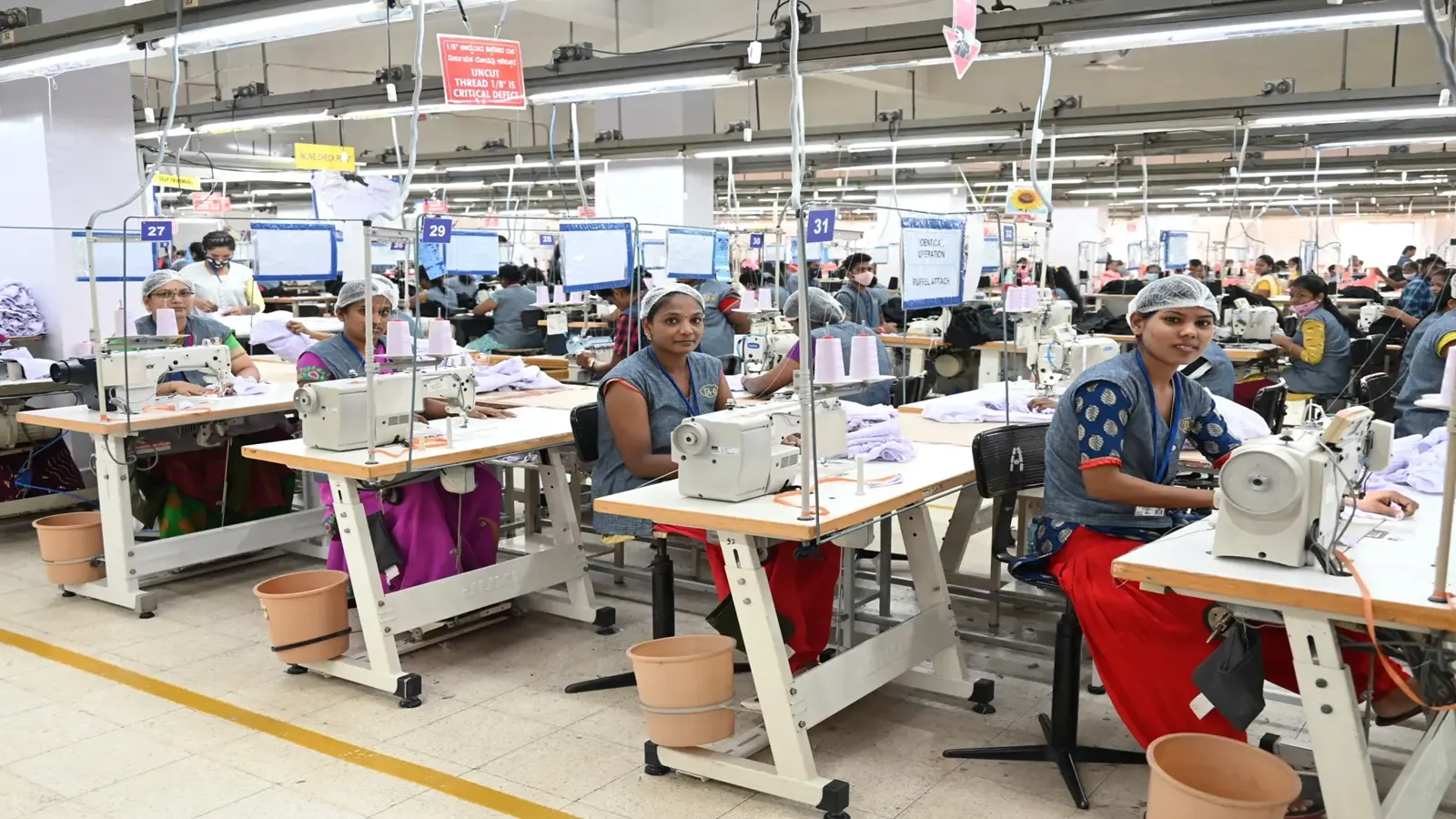
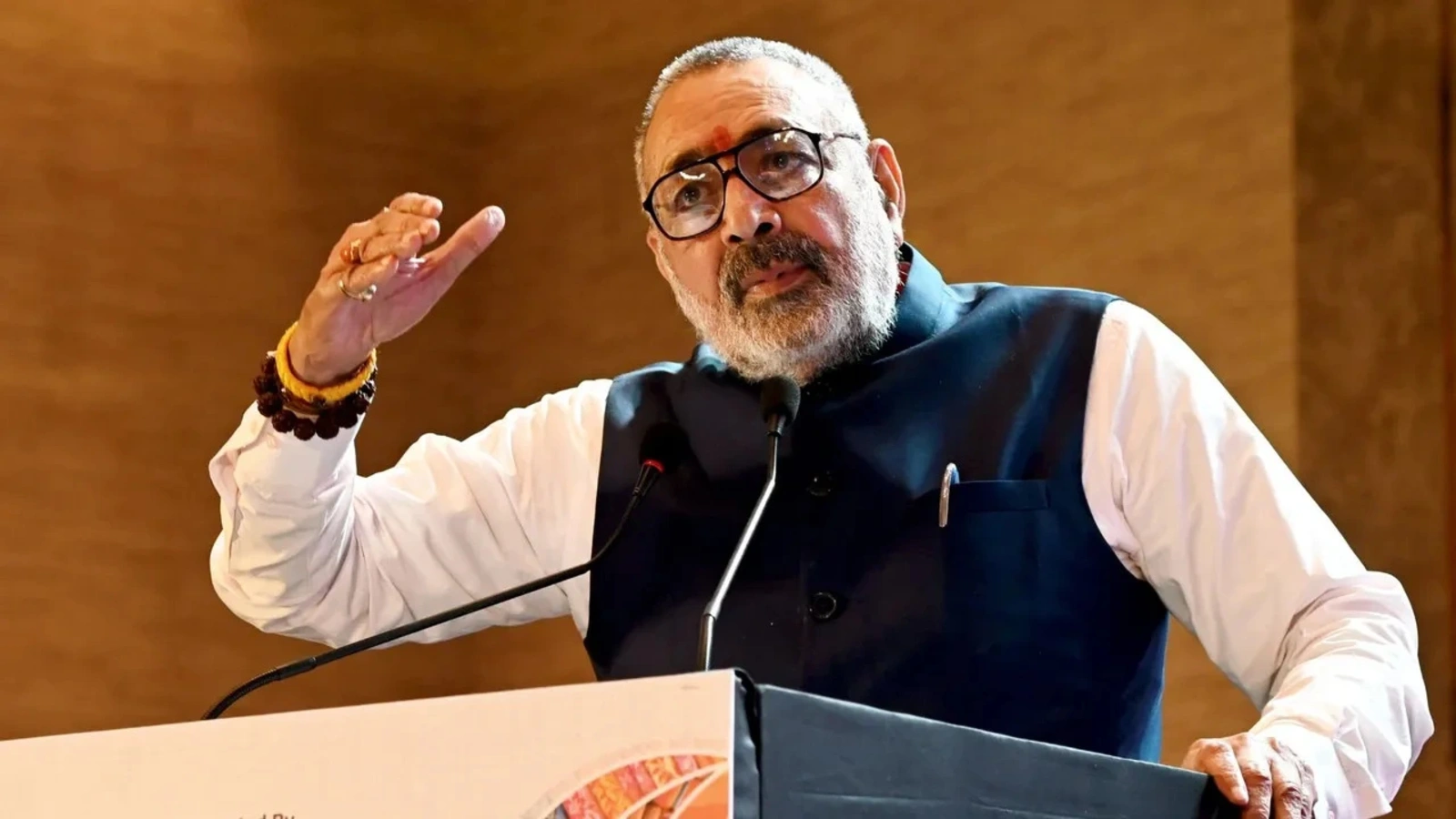
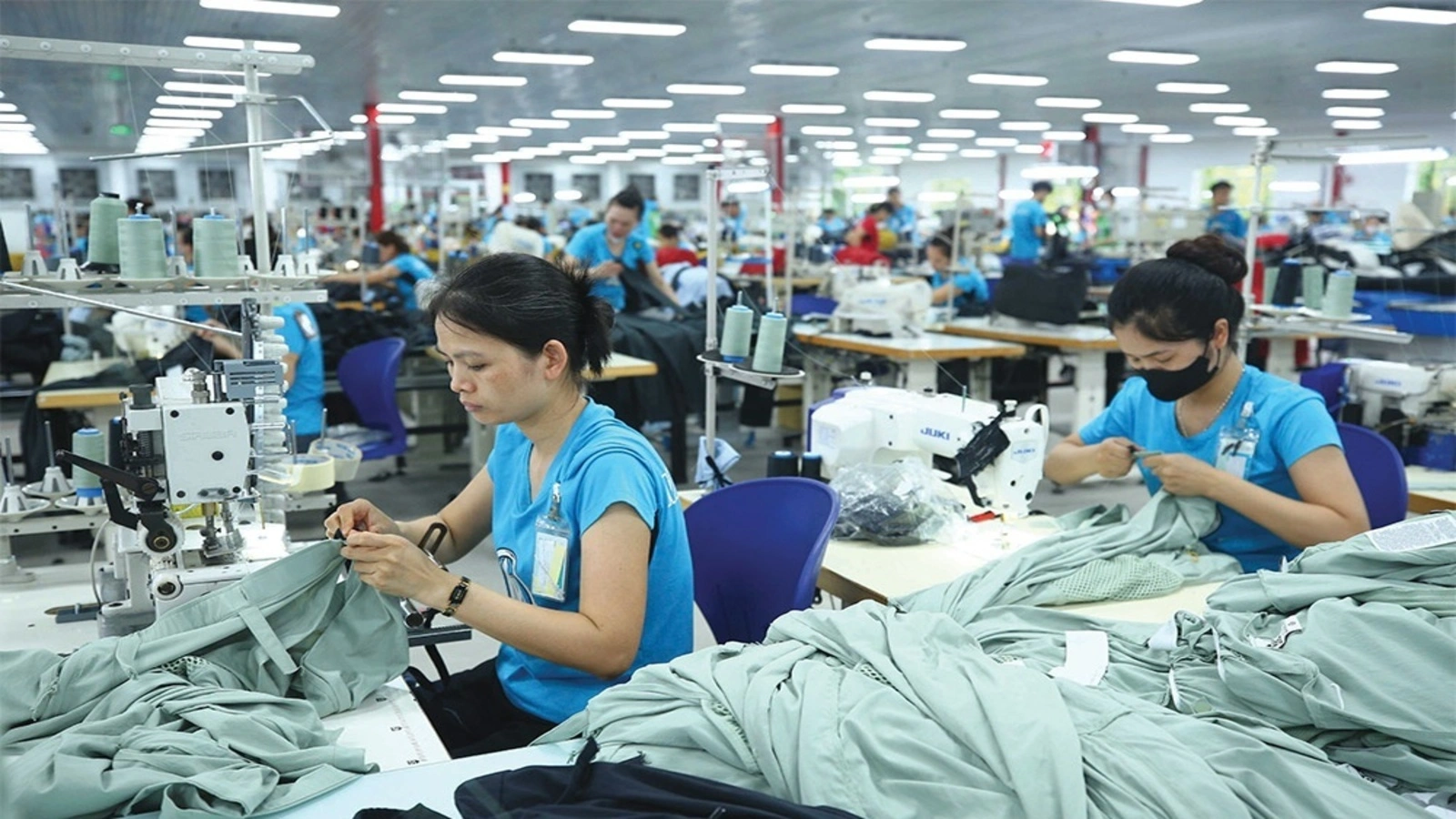
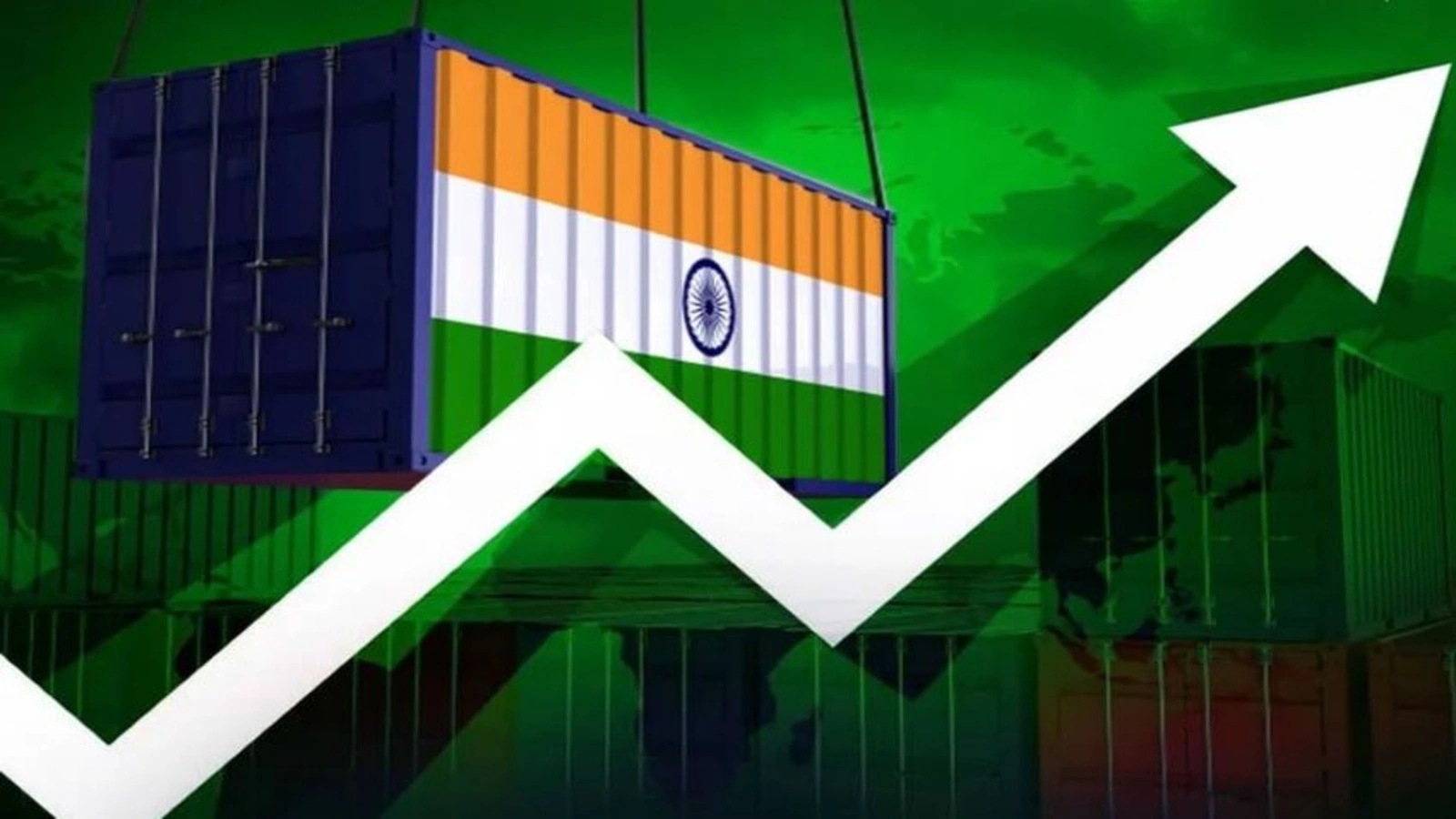
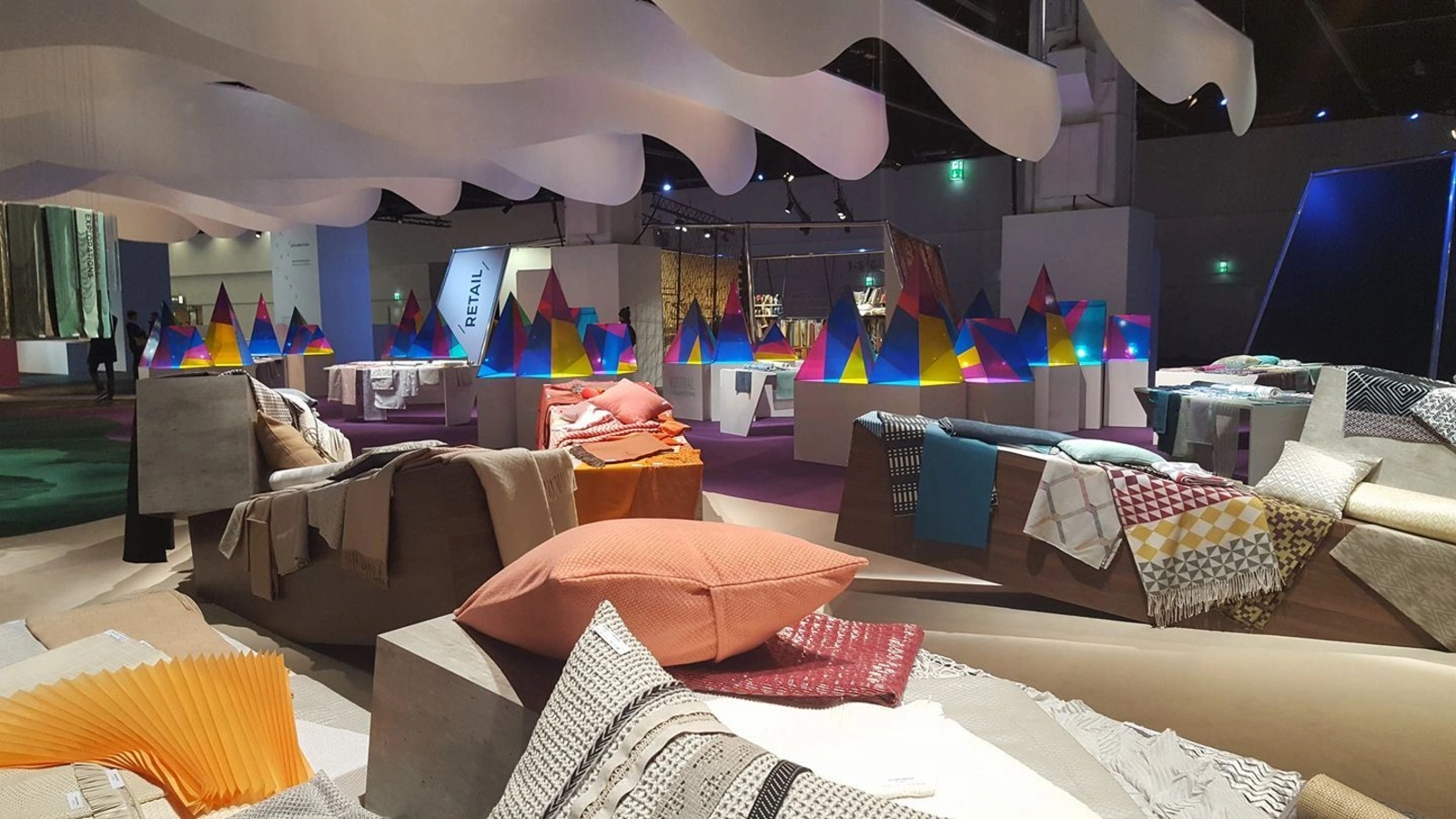

1.webp)




1.webp)



1.webp)
1.webp)
1.webp)

1.webp)
1.webp)

1.webp)

.webp)

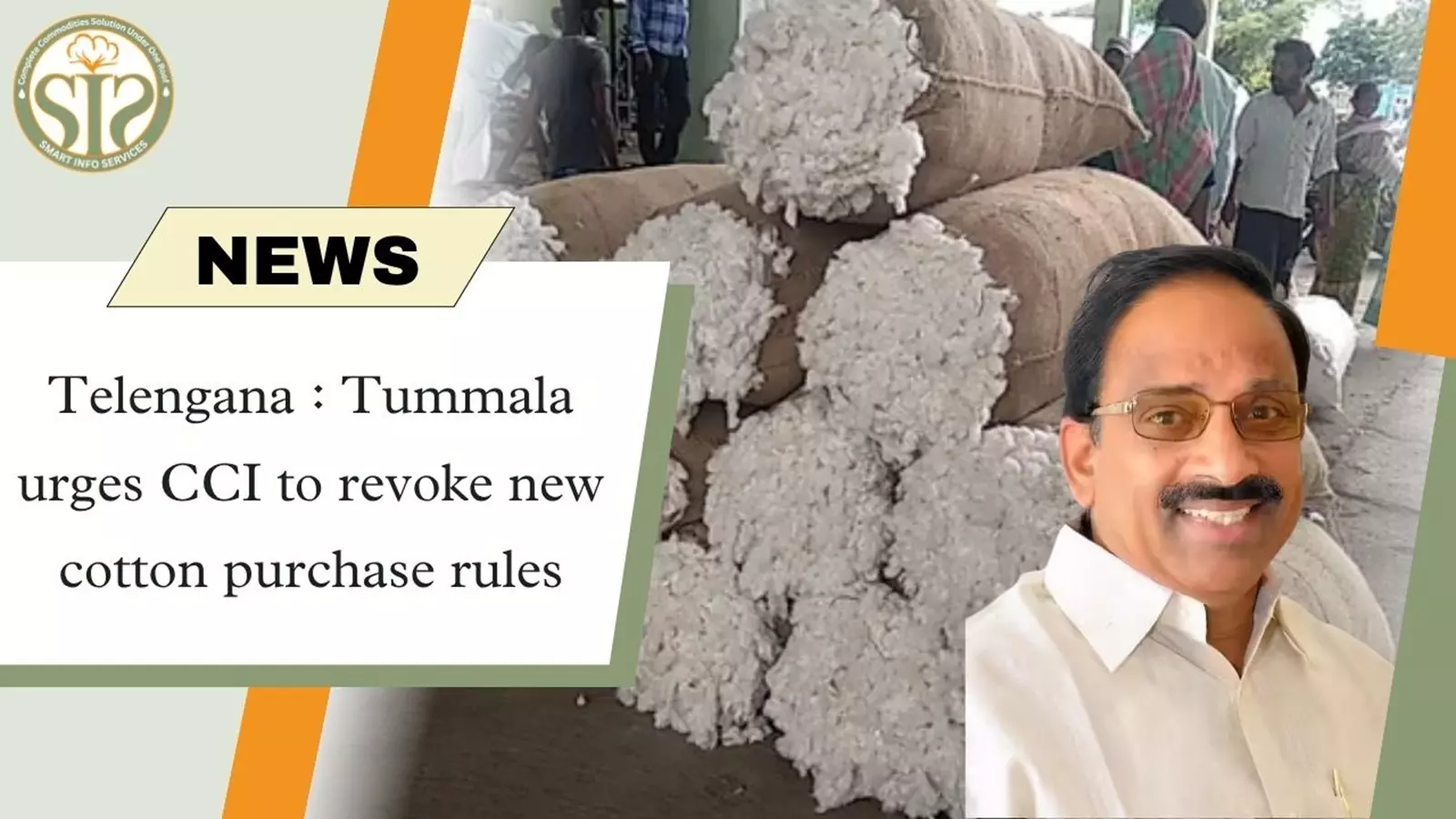

1.webp)
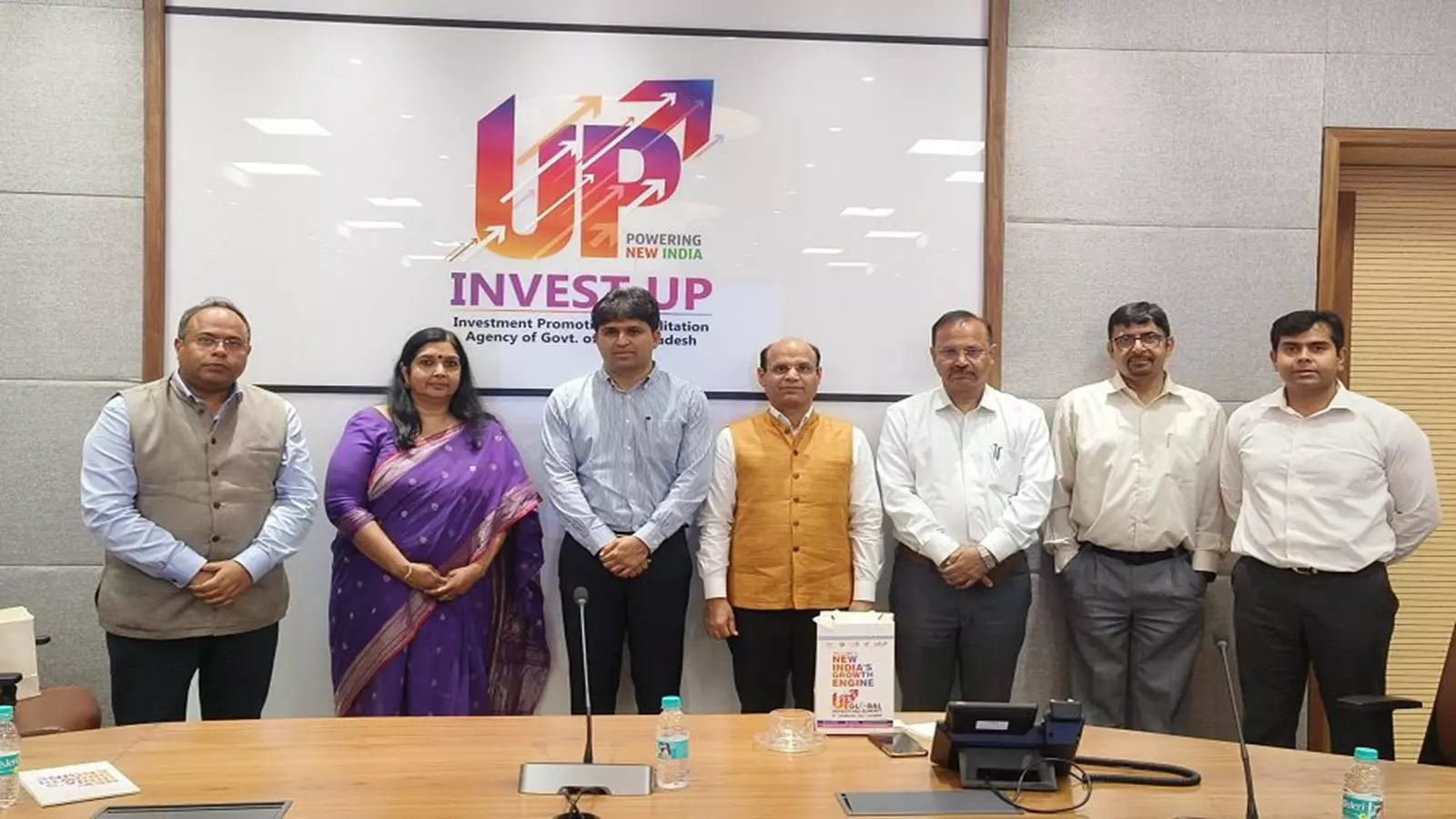

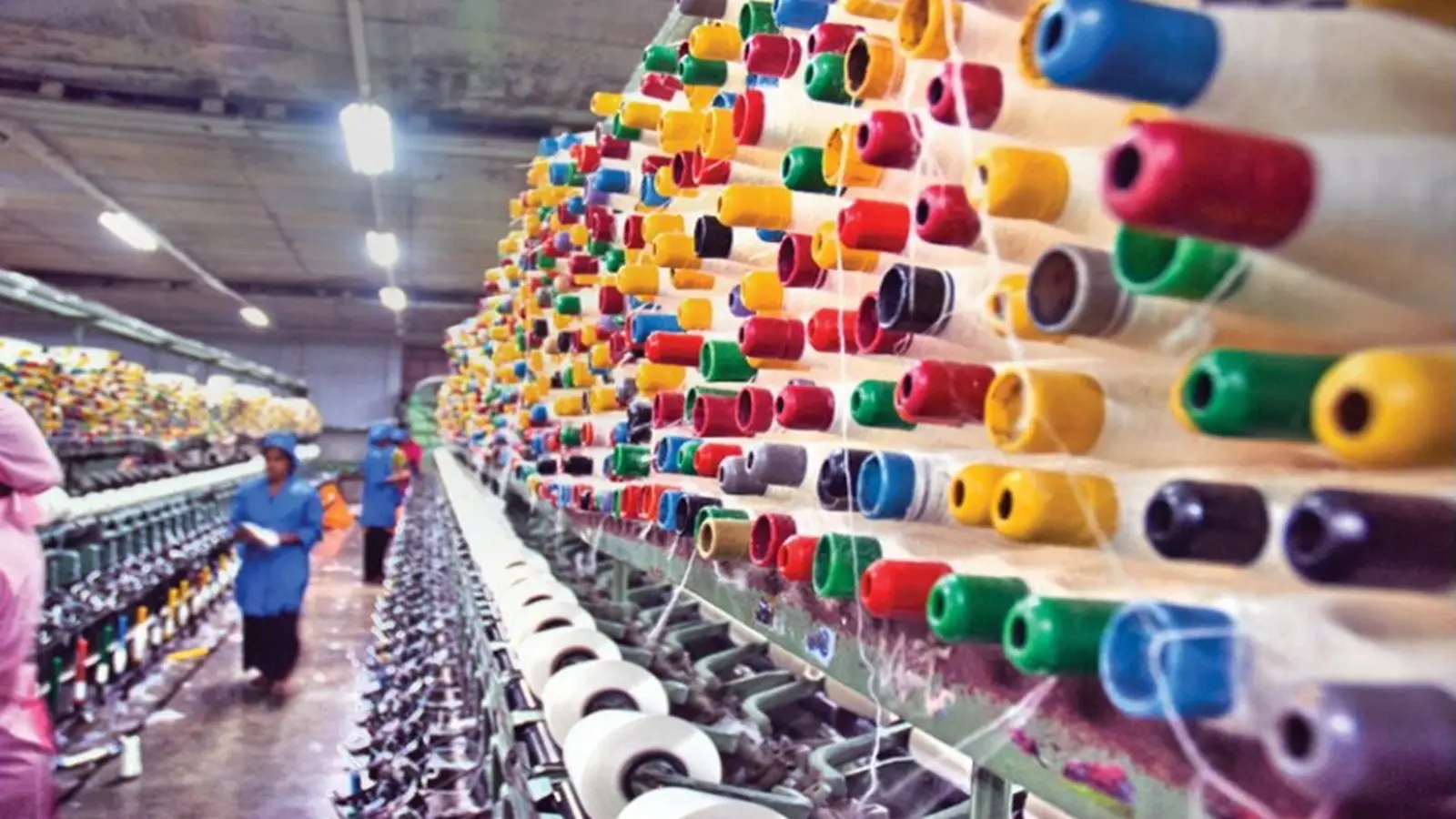
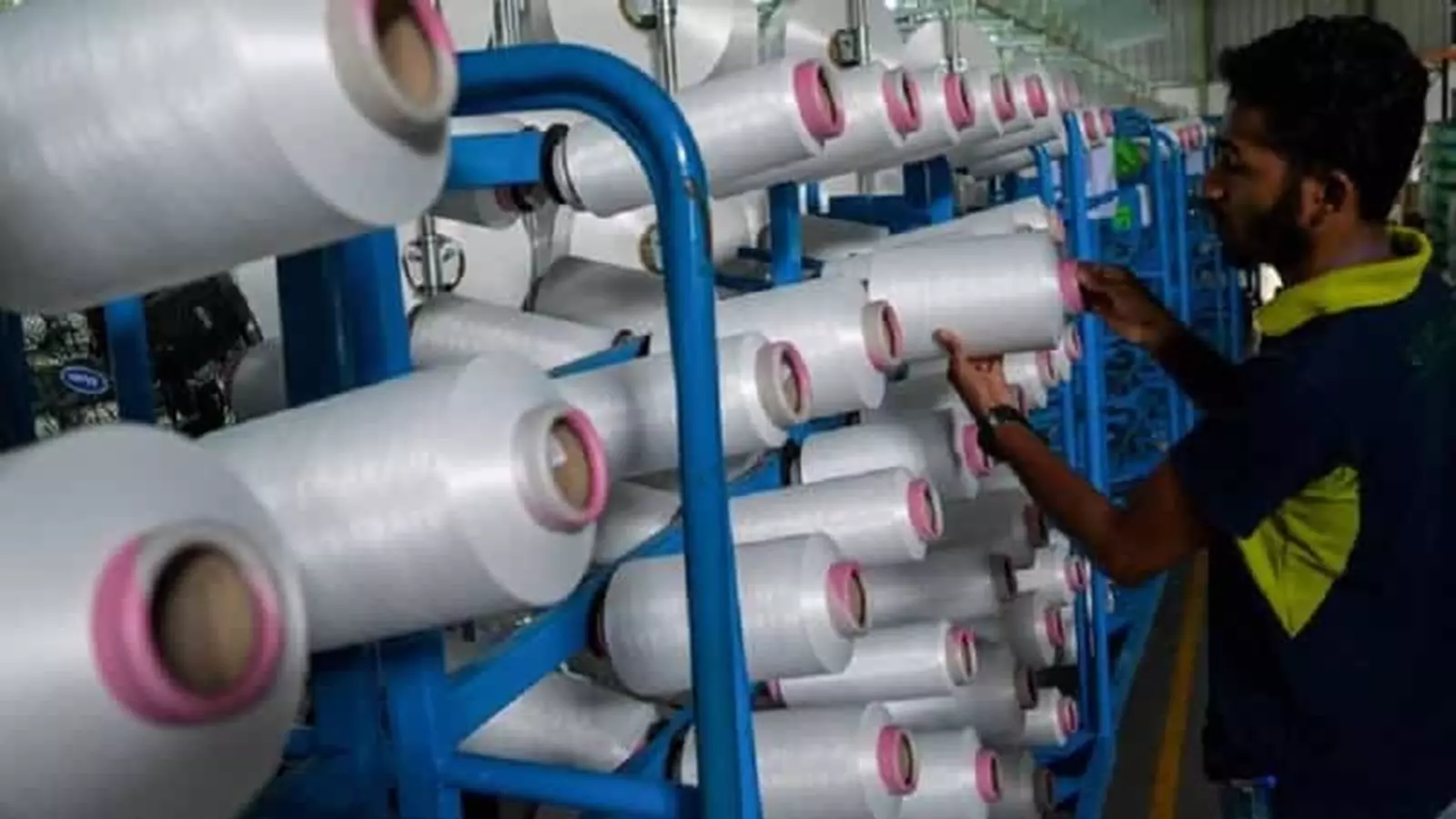

1.webp)








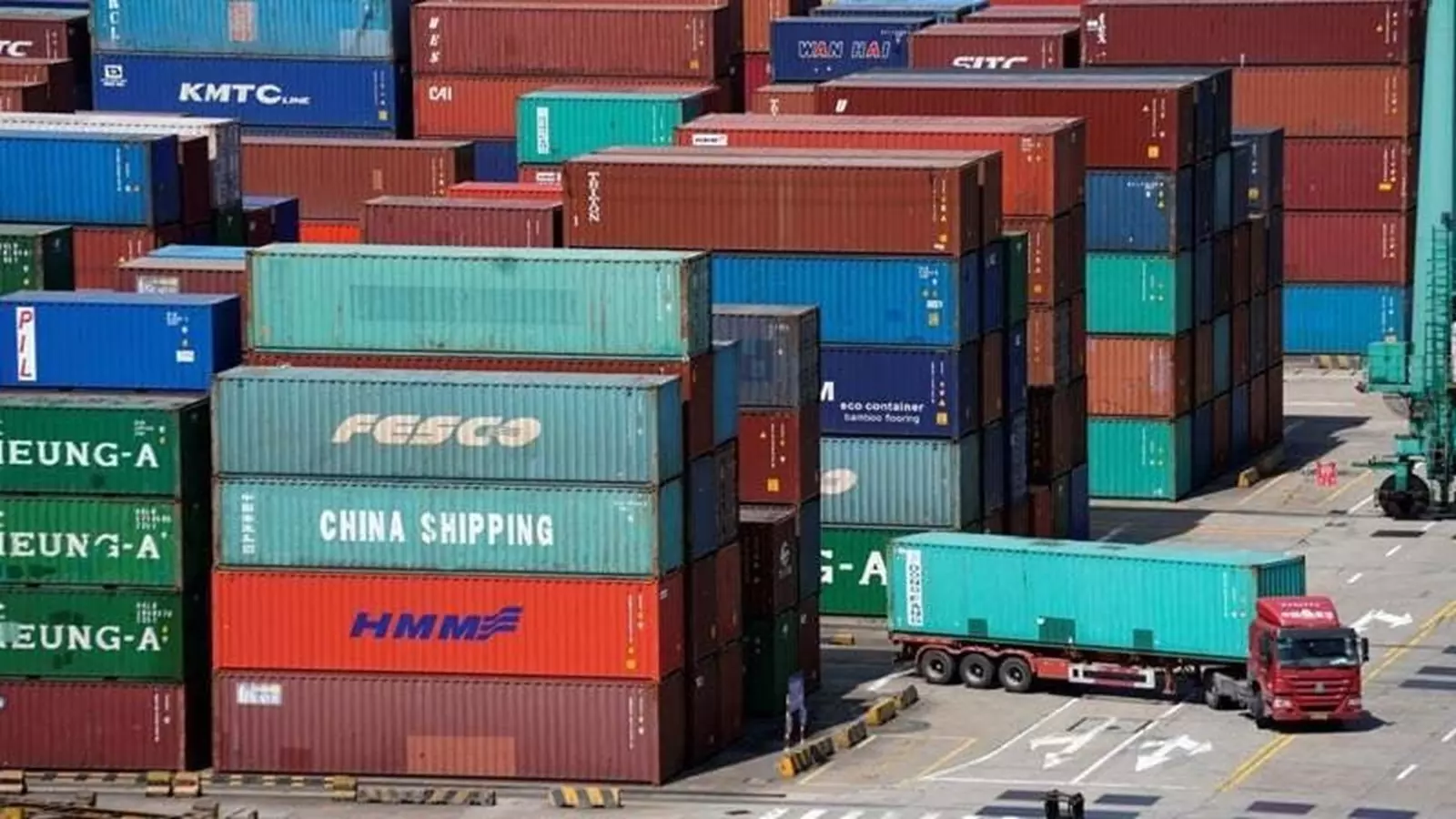
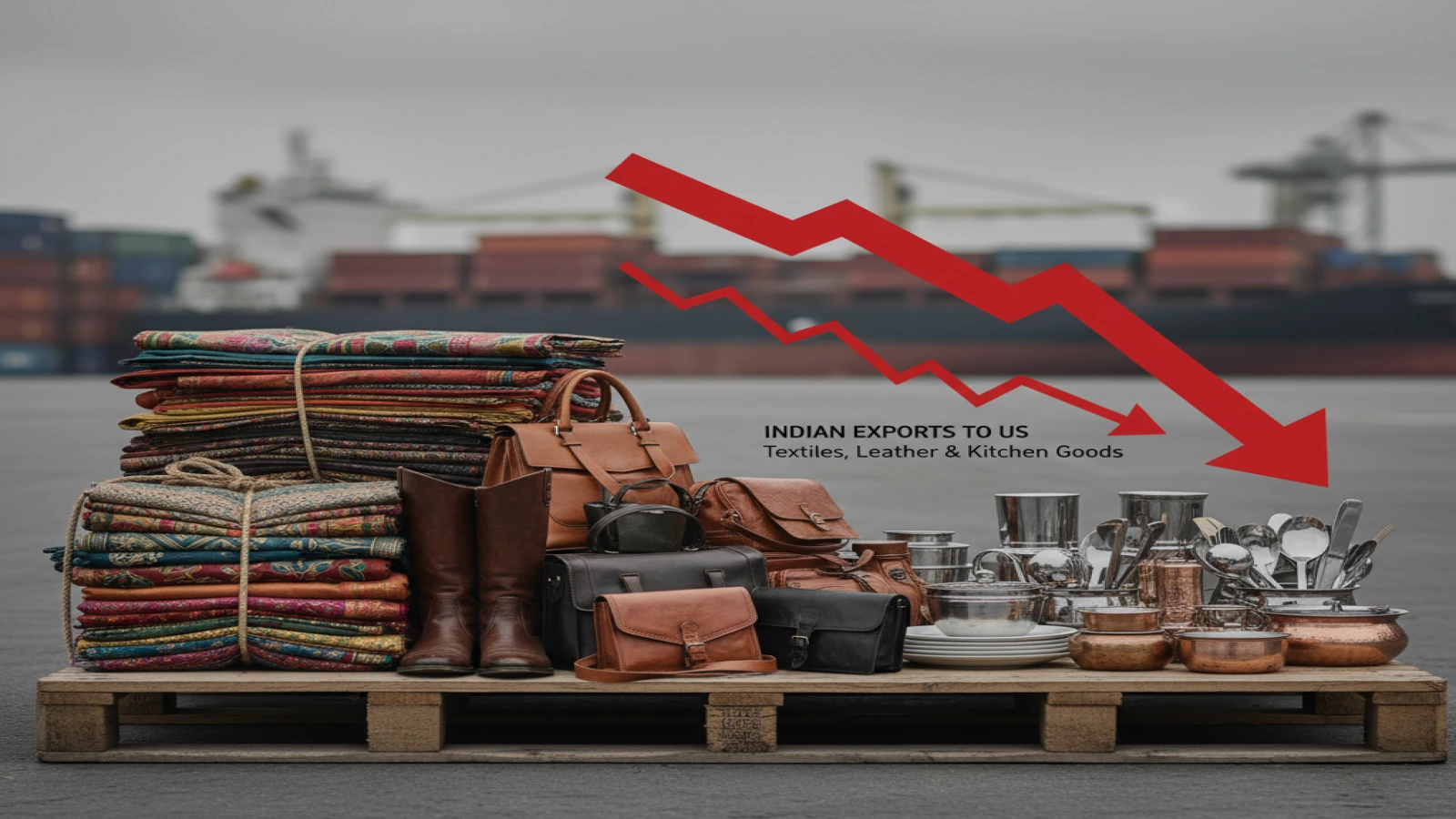



1.webp)
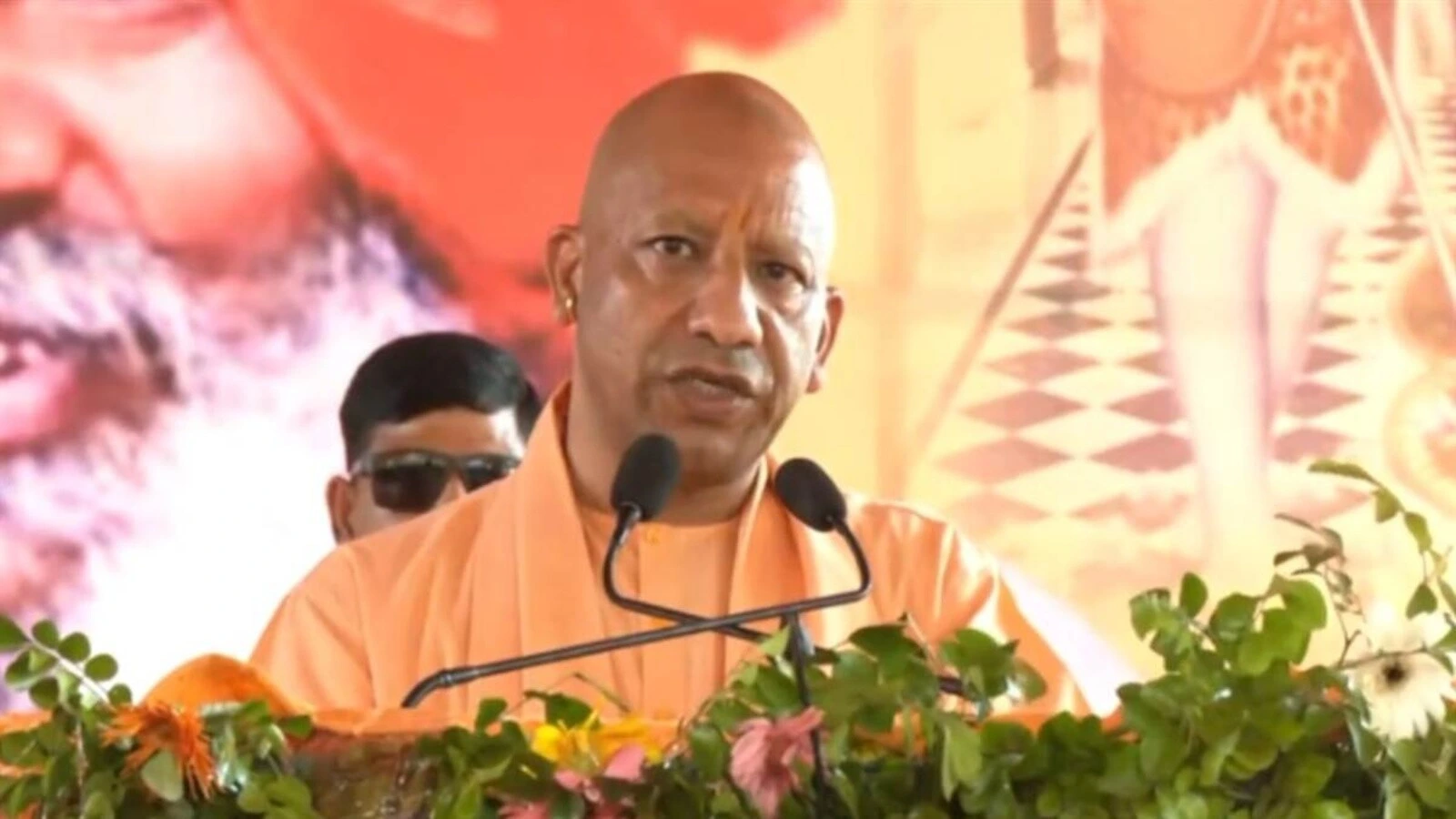
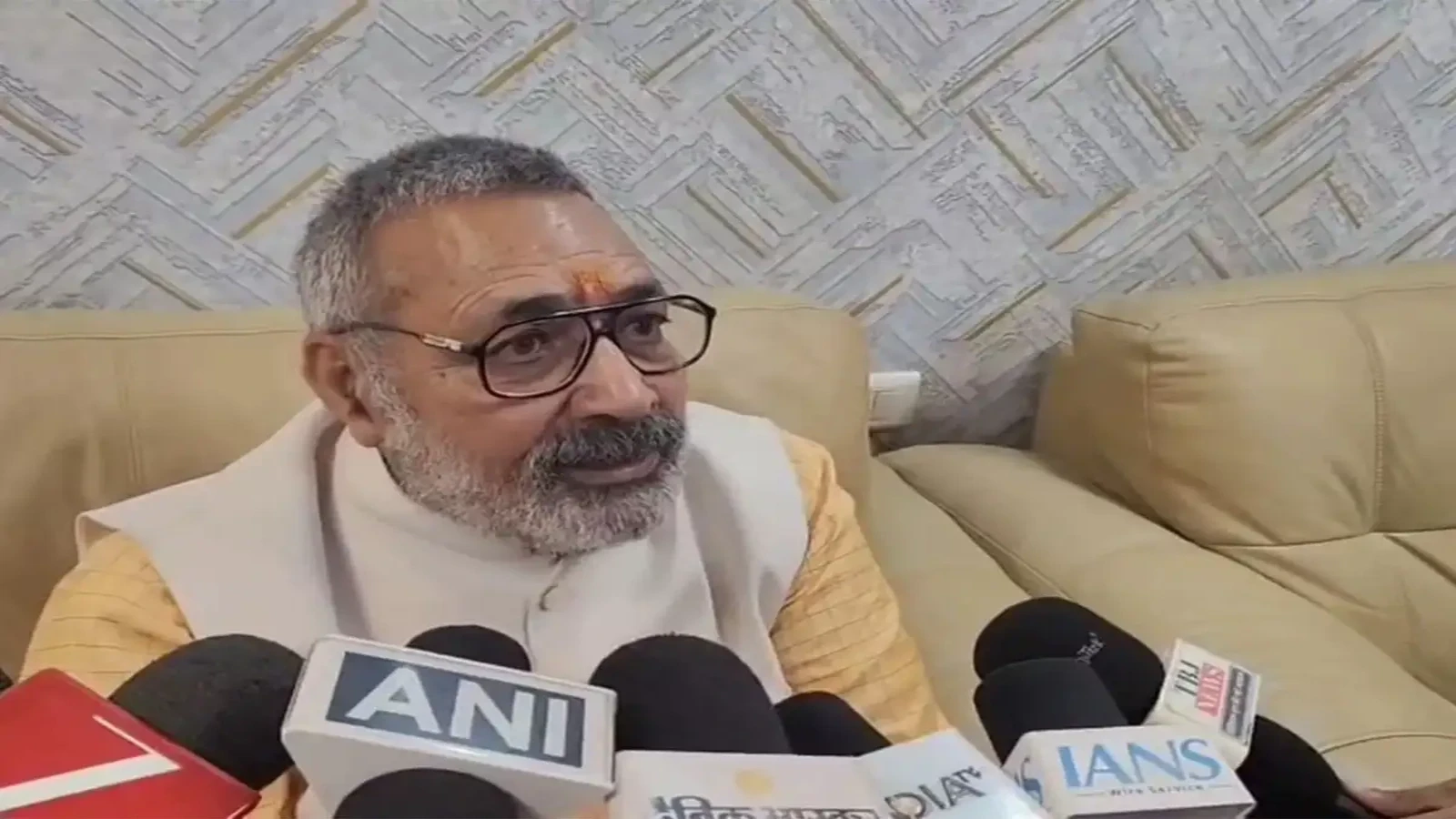

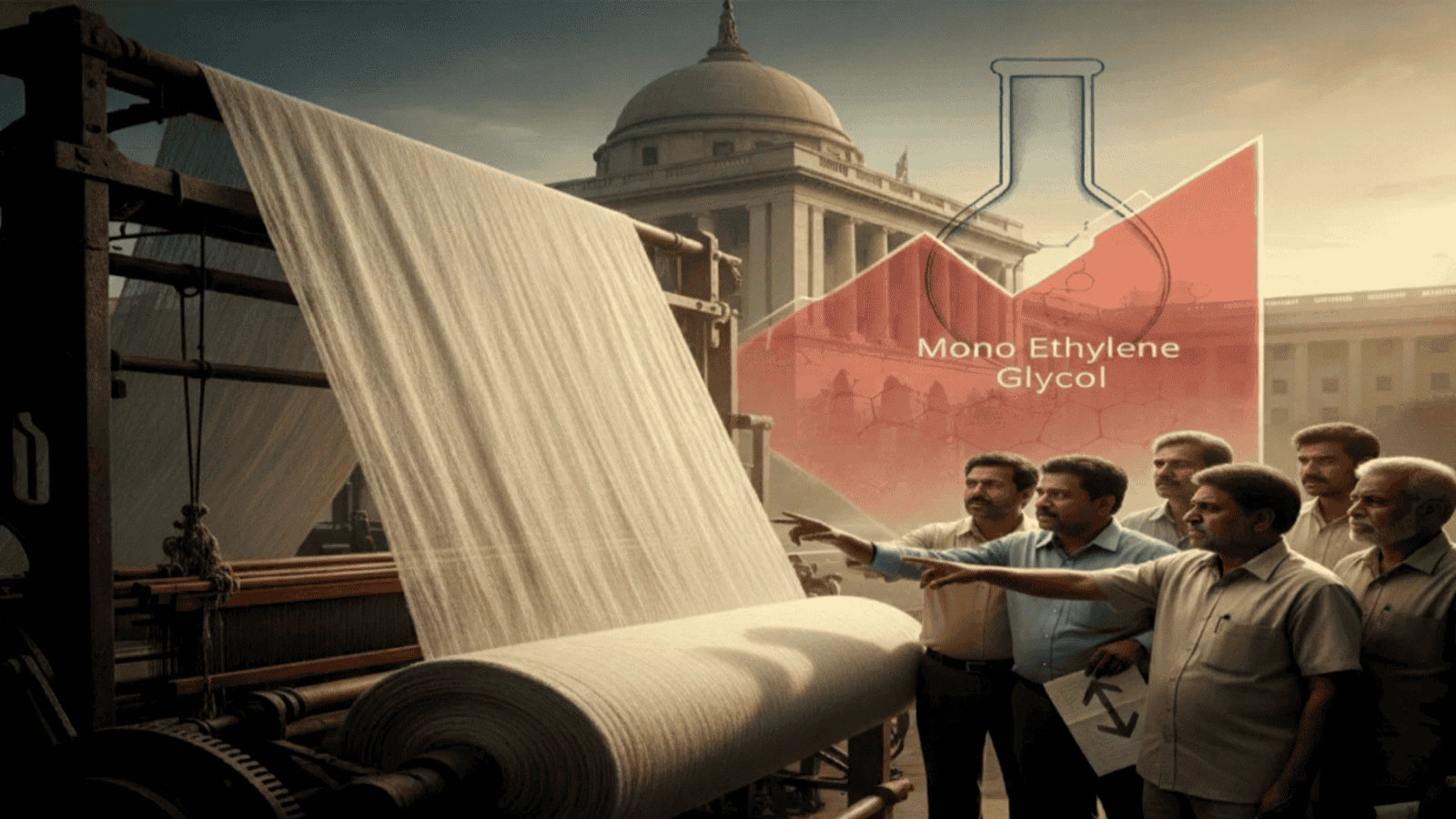

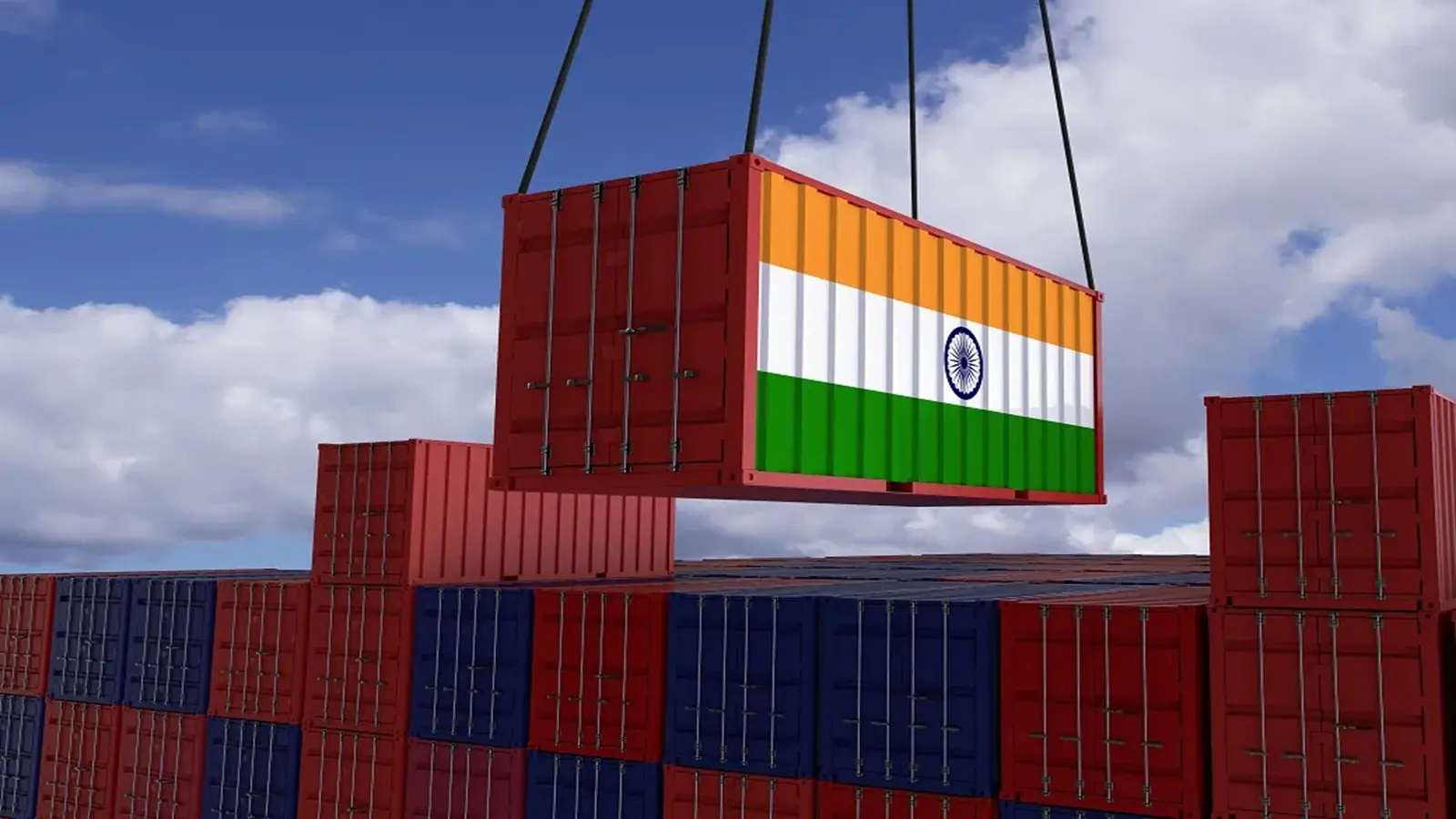

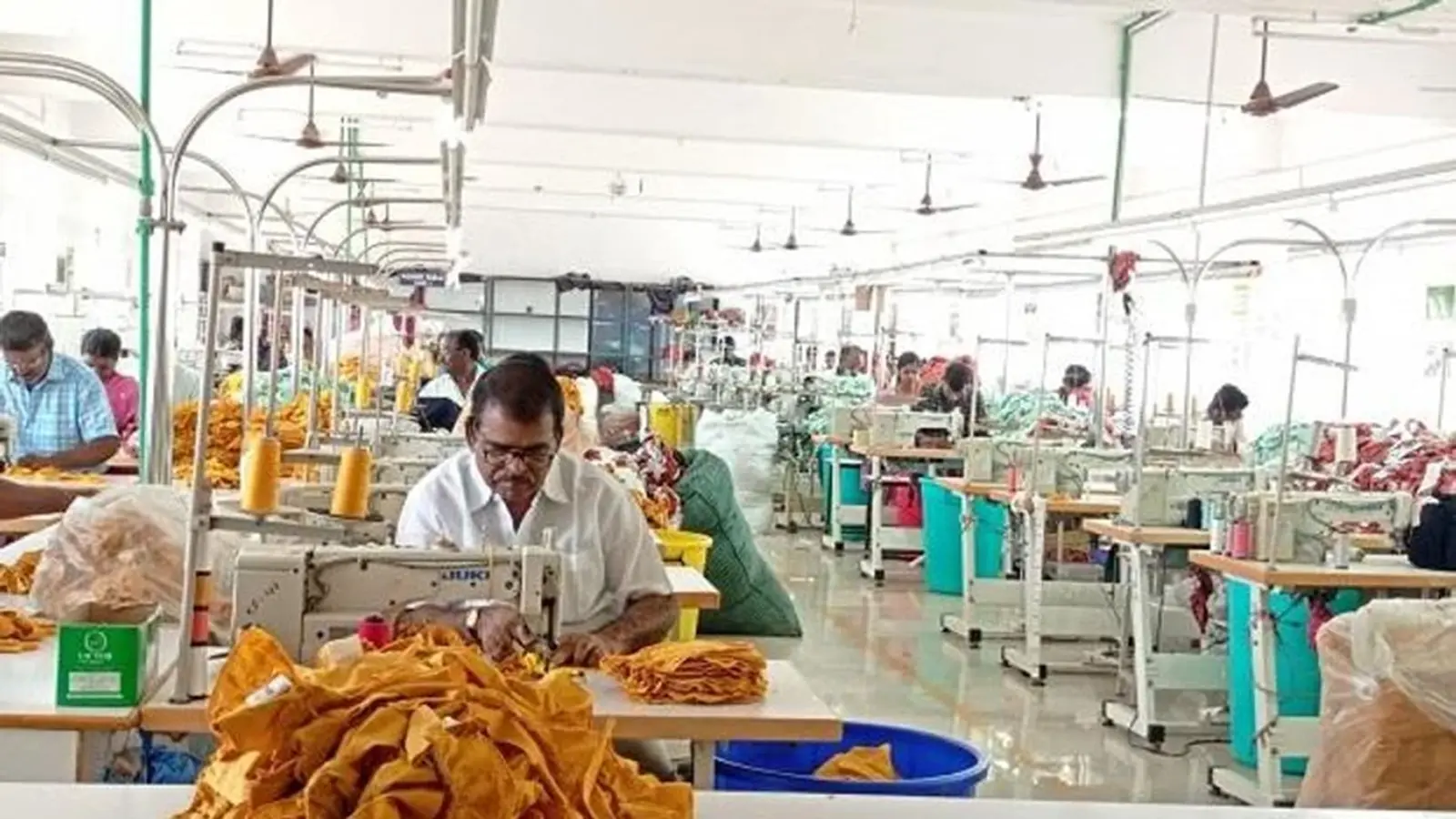
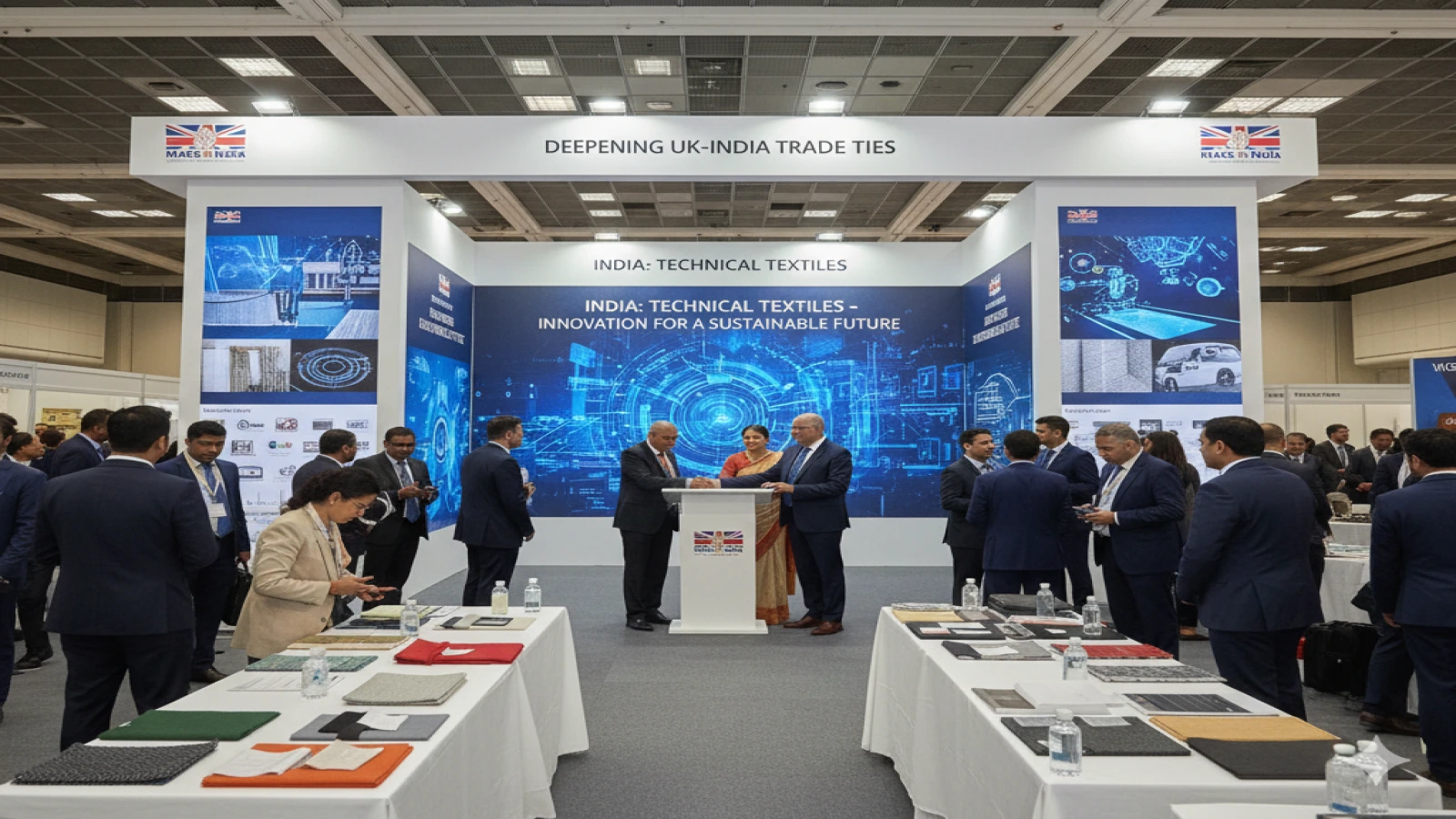


1.webp)

1.webp)



























.webp)






















































.png)





.jpg)















1.jpeg)
